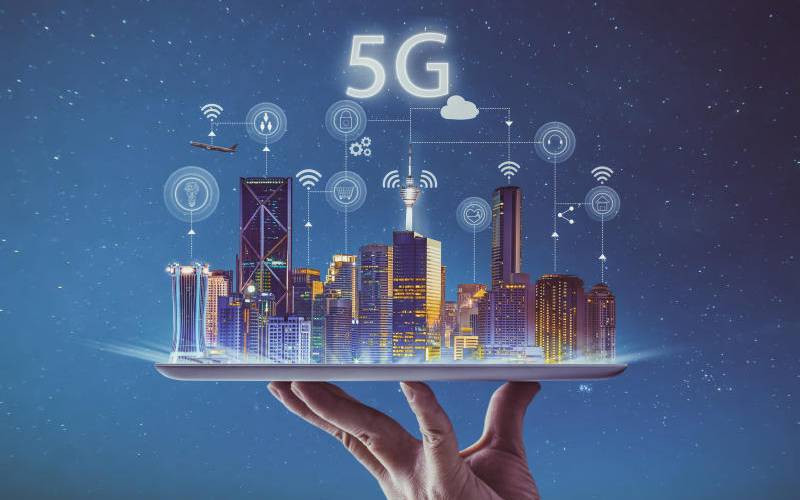
Over the past two decades, Kenya has witnessed a remarkable evolution in its digital landscape, ushering in a transformative era of technological advancement. The journey began with simple flip feature phones, with barely 10 per cent penetration in the early 2000s. A 2022 report by Kenya National Bureau of Statistics reveals that almost half the population currently owns mobile devices.
Widespread mobile connectivity has laid the ground for expanding digital services and innovation in various sectors. That is, with the growth of the internet and the emergence of 3G and 4G networks, there has been increased access to information, sparking the development of e-commerce platforms and digital marketplaces, providing opportunities for businesses to reach broader audiences and consumers to access a wide range of products and services conveniently across the globe.